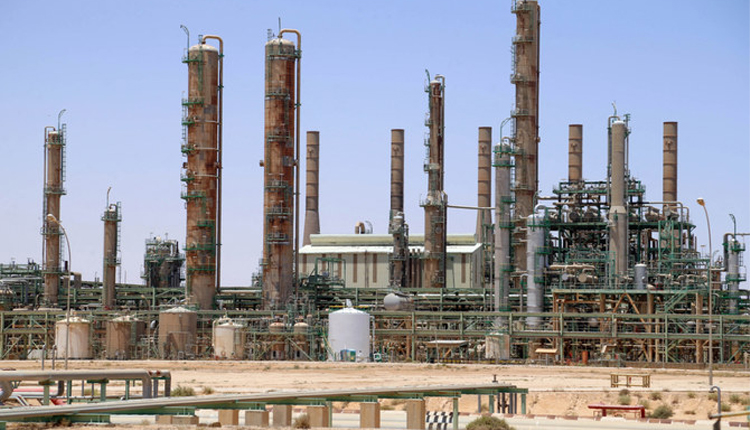Libya Devalues Currency Amid Falling Oil Revenues
Editoral : Omar Kadir
Libya has officially devalued its national currency by approximately 13% in response to a significant decline in oil revenues, the backbone of its economy. The Central Bank of Libya announced the move as part of broader financial adjustments aimed at curbing inflation and stabilizing the country’s financial system. The exchange rate was shifted from 4.48 dinars to 5.15 dinars per US dollar, reflecting pressures from reduced oil production and lower global crude prices. As Libya remains heavily reliant on oil exports, any disruption in the sector directly impacts its fiscal health, leading to budget deficits and growing economic challenges. The devaluation is intended to address imbalances in the foreign exchange market and preserve dwindling foreign currency reserves.
This latest decision underscores the vulnerability of Libya’s economy to external shocks and internal instability. The country has struggled with political fragmentation and conflict since the fall of Muammar Gaddafi in 2011, which has frequently disrupted oil output and deterred foreign investment. With inflation rising and the cost of imports increasing, ordinary Libyans are expected to feel the impact of the devaluation through higher prices for essential goods. While authorities frame the move as a necessary step toward economic reform, analysts warn it could fuel public discontent if not accompanied by broader structural changes. The devaluation signals both the depth of Libya’s economic woes and the urgent need for diversification beyond oil.
-

Nigeria LNG Signs 20-Year Gas Supply Deals to Secure Expansion and Strengthen Global Market Role
Edited By: Safae FathiNigeria LNG Ltd has signed 20-year gas supply agreements with NNPC Ltd and several oil companies to... Economy -

Kenya Seeks Yuan Conversion for $5 Billion Rail Loan Amid Debt Management Push
Edited by: Safae FathiKenya is negotiating with China to convert a dollar-denominated loan for its high-speed railway project into Chinese... Economy -

South Africa Pursues Global Trade Partnerships as U.S. Tariffs Threaten Economy
Edited By: Tendai ZolaSouth African economists and officials are calling for enhanced global cooperation as the country grapples with the... Economy -

Uganda Launches First Large-Scale Gold Mine to Boost Mining Sector and Exports
Edited By: Fatomatou konèUganda inaugurated its first large-scale gold mine, a $250 million Chinese-owned project in the eastern Busia district,... Economy -

Zimbabwe: Lithium Fever, Promise or Peril ?
Edited By: Fatomatou konèAcross Zimbabwe’s mineral-rich landscapes, a new rush is under way. Bulldozers roar where maize once grew, and... Economy -

South Africa court halts TotalEnergies offshore drilling project
Edited By: Omar Kadir THE South African High Court has overturned government approval for a major offshore oil drilling project by... Economy

 Follow the latest news on WhatsApp
Follow the latest news on WhatsApp  Follow the latest news on Telegram
Follow the latest news on Telegram  Follow the latest news on Google News
Follow the latest news on Google News  Follow the latest news on Nabd
Follow the latest news on Nabd 


















